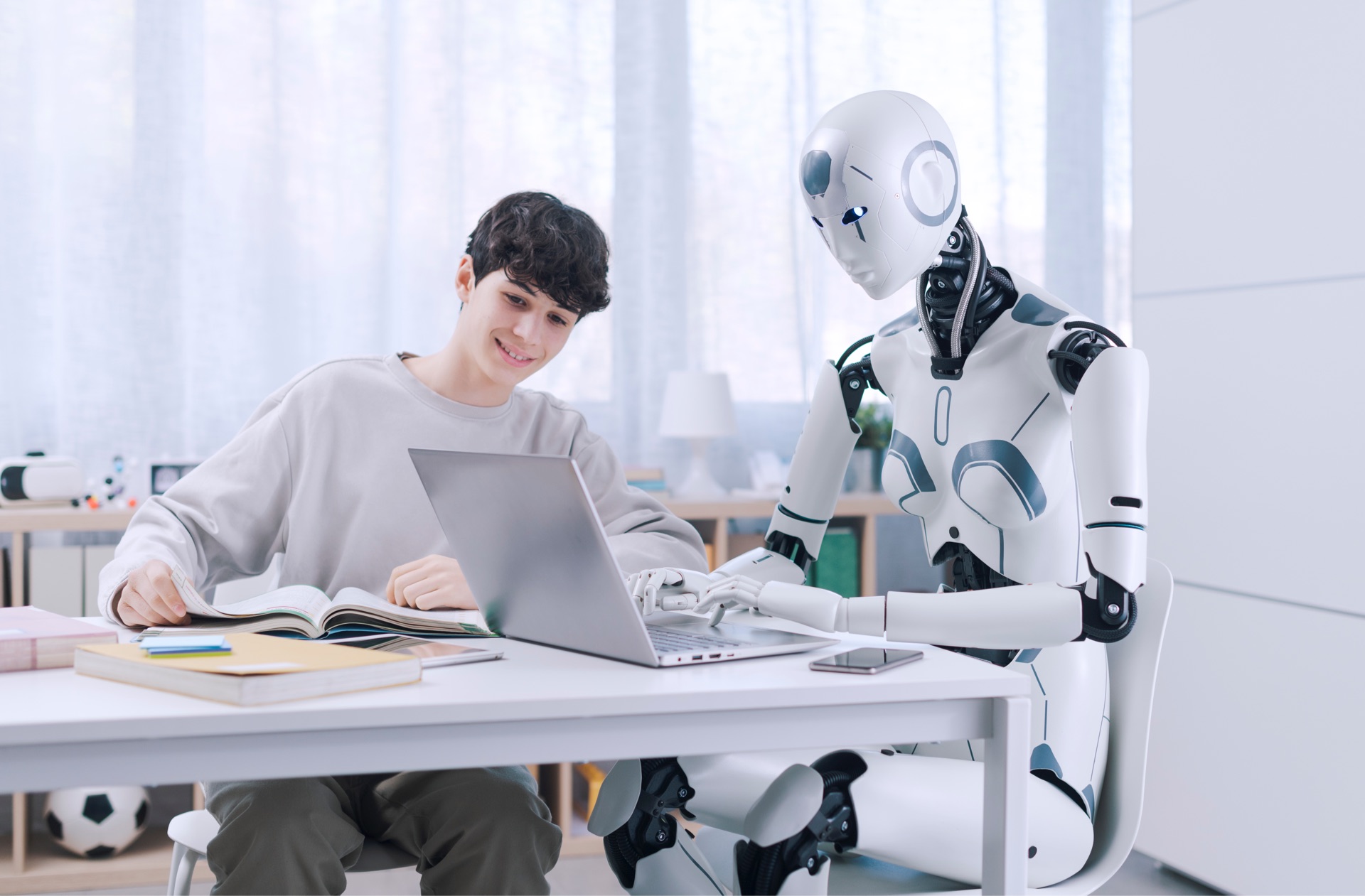As we move further into the digital age, the evolution of websites is inevitable. With rapid advancements in technology and shifting user expectations, the future of websites promises to be more interactive, personalized, and efficient. Among the myriad of trends shaping this future, two standout features—Artificial Intelligence (AI) and Augmented Reality (AR)—are set to revolutionize the way users interact with websites. Let’s delve deeper into these innovative elements and explore how they will transform online experiences.

1. Artificial Intelligence: Personalization and Enhanced User Experience
Artificial Intelligence has already begun to impact various industries, and its role in web development is only expected to grow. One of the most significant contributions of AI to websites is the ability to provide personalized experiences for users.
-
Personalized User Experiences
Websites that leverage AI can analyze user behavior, preferences, and interactions to tailor content and recommendations. For example, eCommerce sites can utilize AI algorithms to suggest products based on a user’s previous purchases or browsing history. This personalized approach not only enhances user satisfaction but also increases the likelihood of conversions.
-
Chatbots and Customer Support
Another critical application of AI is in customer support. Chatbots powered by AI can engage with visitors in real time, answering questions, assisting with navigation, and even processing orders. This round-the-clock support ensures that users receive immediate assistance, enhancing their overall experience on the site.

2. Augmented Reality: Bridging the Digital and Physical Worlds
Augmented Reality is another groundbreaking technology set to redefine how websites function. By overlaying digital information onto the real world, AR creates immersive experiences that can significantly enhance user engagement.
-
Product Visualization
In the realm of eCommerce, AR offers the unique ability to allow customers to visualize products in their own environment before making a purchase. For instance, furniture retailers can implement AR features on their websites that enable users to see how a piece of furniture would look in their living space through their smartphone cameras. This interactive element not only helps customers make informed decisions but also reduces the likelihood of returns.
-
Virtual Try-Ons
Fashion and beauty brands are also embracing AR technology. Virtual try-on features allow users to see how clothing items, accessories, or makeup will look on them without having to physically try them on. This not only enhances the shopping experience but also builds customer confidence in their purchases.
Conclusion
The future of websites is poised for exciting transformations, driven by technologies like Artificial Intelligence and Augmented Reality. By personalizing user experiences and bridging the gap between the digital and physical worlds, these innovations will create more engaging, efficient, and satisfying interactions. As businesses continue to adopt these technologies, they will not only meet the evolving expectations of users but also set themselves apart in an increasingly competitive online landscape. Embracing these trends will be crucial for any organization looking to thrive in the future of the web.

Let's Discuss Your Idea
Ready to discuss your new online store?
Just leave us a message, and we'll get in touch shortly!